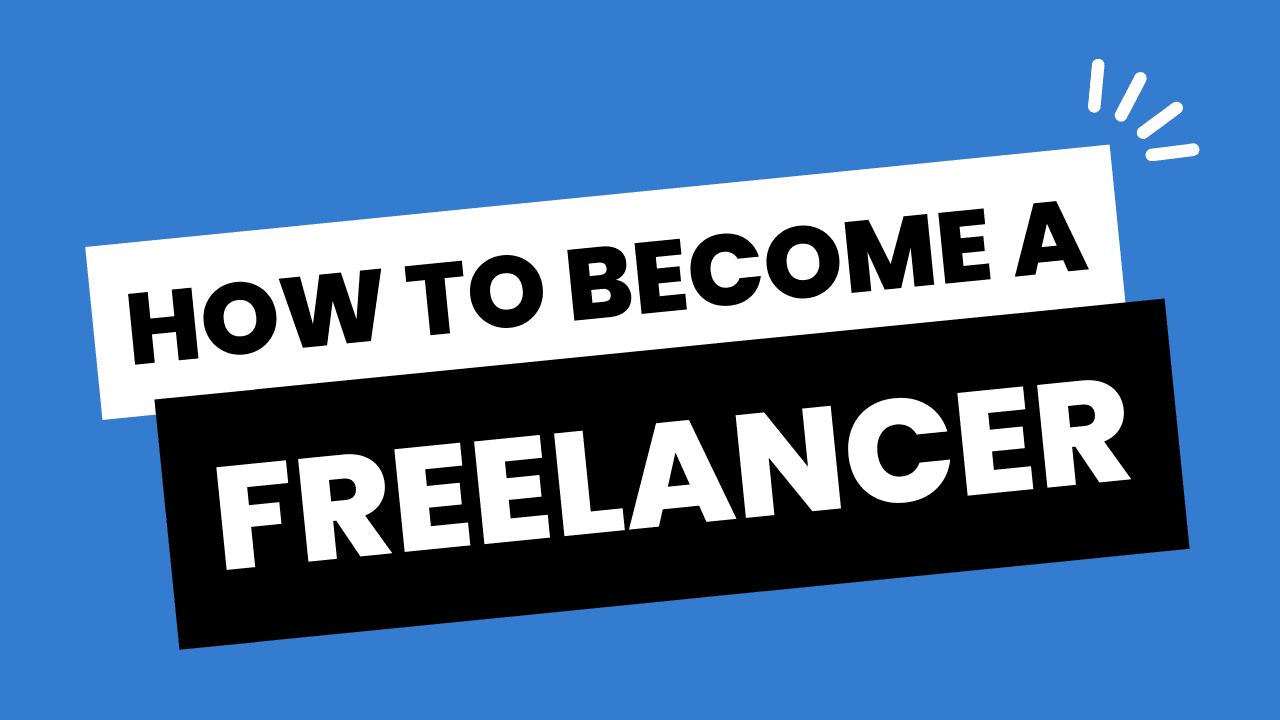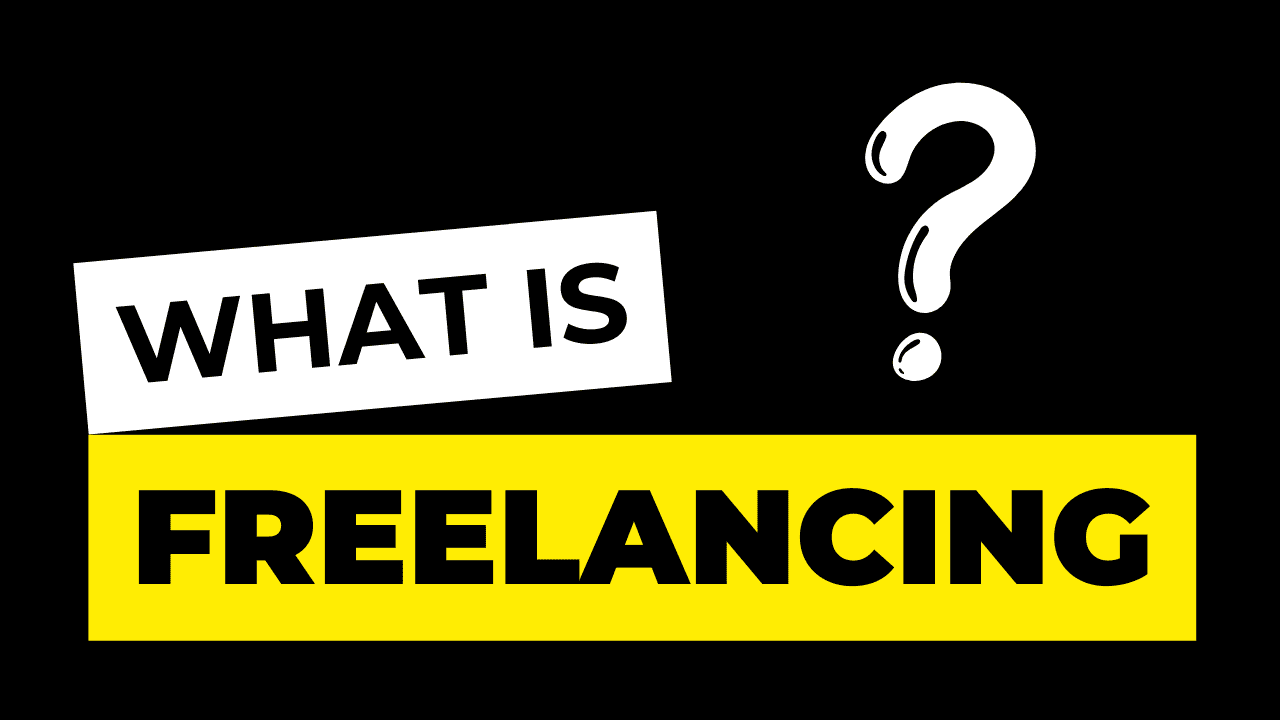How To Become A Freelancer
Becoming a freelancer involves several steps, from building your skills and portfolio to finding clients and managing your freelance career.
Here’s a detailed guide on how to become a freelancer, illustrated with an example of someone wanting to become a freelance writer:
Identify Your Skills and Passion:
Determine your skills, expertise, and what you’re passionate about. Freelancing is more rewarding when you enjoy the work you do.
In this example, let’s assume you have a passion for writing and have strong writing skills.Develop and Hone Your Skills:
Invest time in improving your skills. Take courses, read books, practice, and stay up-to-date with industry trends.
For a freelance writer, this might involve taking writing courses, studying grammar and style guides, and practicing by writing articles or blog posts.Build a Portfolio:
Create a portfolio showcasing your best work. This is essential to demonstrate your abilities to potential clients.
In our example, assemble a collection of your best-written pieces, such as blog posts, articles, or essays.Set Your Rates:
Research what other freelancers in your field charge. Your rates should reflect your skills, experience, and market demand. Pricing for freelance writing can vary widely, but you can start with competitive rates until you gain experience.Legal and Financial Considerations:
As a freelancer, you’re self-employed, which means you need to handle taxes, insurance, and other financial matters. Consult a tax professional or accountant to ensure you’re following legal requirements.Create an Online Presence:
Build a professional online presence. This includes a personal website, social media profiles (like LinkedIn), and profiles on freelancing platforms such as Upwork or Freelancer. Your online presence should highlight your skills and portfolio.
In the case of our freelance writer example, the website could feature writing samples and client testimonials.Market Yourself:
Promote your services to potential clients. Utilize your online presence and network with peers in your industry. You can also write articles or guest posts to establish your expertise.Find Freelance Job Opportunities:
Start searching for freelance gigs. Job boards, freelance marketplaces, and social media groups related to your field are excellent places to find opportunities. You can also directly pitch potential clients or businesses.Create a Proposal or Pitch:
When you find a job opportunity, tailor your proposal to match the client’s needs.
In the case of our freelance writer, this could involve demonstrating an understanding of the client’s industry, offering a clear plan for the content, and providing a reasonable quote.Negotiate and Sign Contracts:
Once you’re selected for a project, negotiate the terms, including payment, deadlines, and deliverables. Always use a written contract to protect both you and the client. Ensure that the contract specifies all project details, including revisions, payment schedule, and deadlines.Deliver High-Quality Work:
Exceed client expectations by delivering quality work on time. Communication is key; keep the client informed of your progress and ask for feedback if necessary.Manage Finances and Taxes:
Keep track of your income and expenses for tax purposes. Set aside a portion of your earnings for taxes. Depending on your country’s regulations, you may need to file taxes quarterly or annually.Seek Repeat Clients and Referrals:
Satisfied clients can become repeat customers and refer you to others. Building a reputation for reliability and quality work is crucial for long-term success.Expand Your Skills and Network:
As you gain experience, consider expanding your skills and branching into new areas. Attend industry events and connect with other freelancers for support and collaboration.
Remember that freelancing is a journey, and success often takes time. Building a strong reputation and client base can be gradual, so be patient and persistent. The example of a freelance writer can be adapted to other freelance careers by following the same fundamental steps, with adjustments based on the specific industry and skill set.


